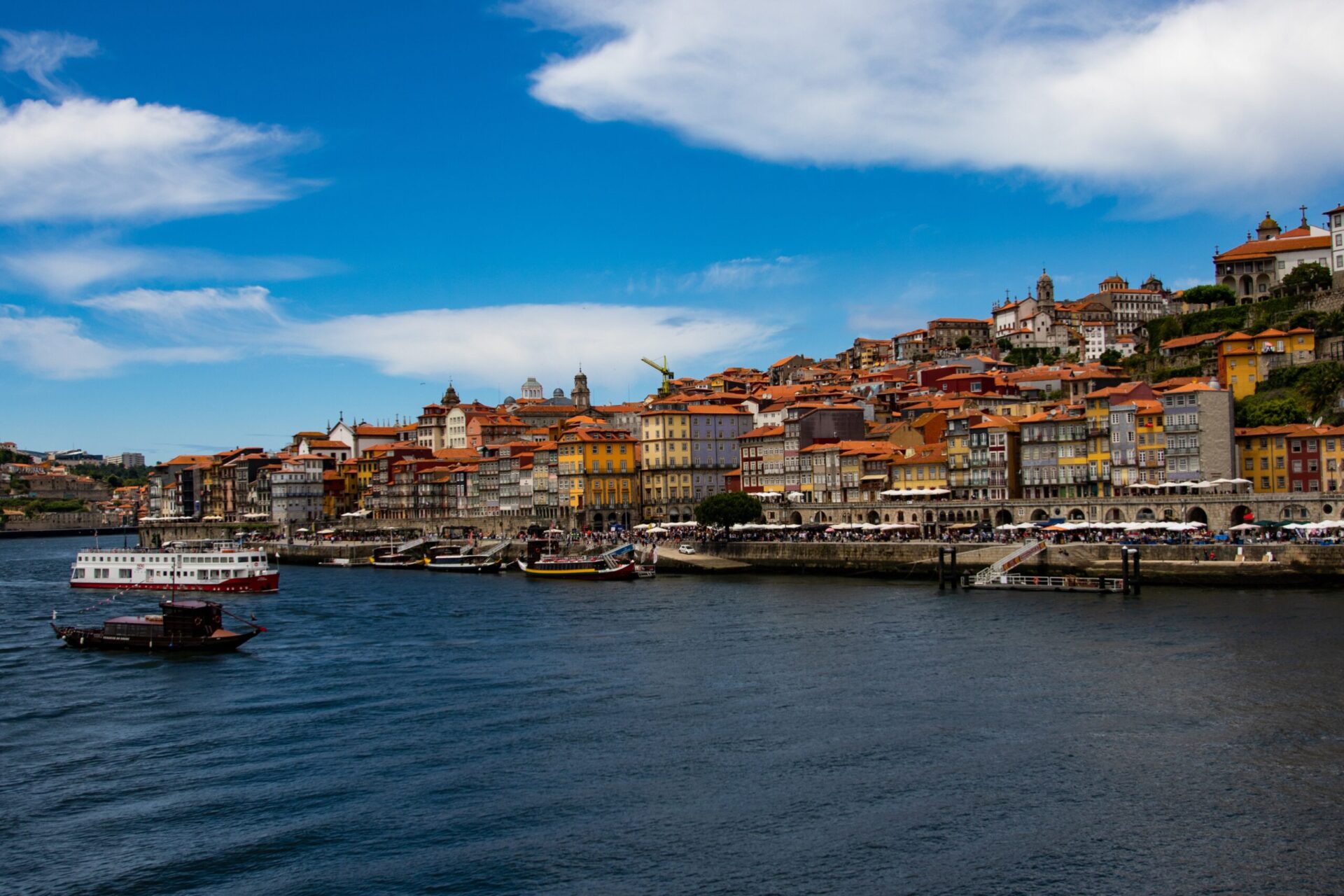
Today I would like to talk about a topic that is gaining more and more importance and in my opinion is going to be the future of employment. So who are the digital nomads and what stands behind this fancy term? I imagine that most of the readers are capable of answering this question and know exactly what it means to be a digital nomad, however for those who have doubts, let me explain. In short, a digital nomad is a person who only requires telecommunications to work and thus is capable to work from literally anywhere in the world, which in turn facilitates the possibility to travel and lead a “nomadic” lifestyle, hence the name. After the COVID-19 pandemic numerous jobs started to become increasingly “distant” and this trend only continues to grow. If we look at statistics from the ATTA’s 2021 Work & Wander: Meet Today’s Digital Nomads Report we can see that:
- 36% freelance for multiple companies
- On average digital nomads work for 46 hours per week
- 33% has their own business
- 5% work as consultants for one specific company
Top 6 countries in choice of digital nomads are – Indonesia, Mexico, Thailand, Spain, Colombia and Portugal.
When choosing destination country to move there is a number of key factors to consider. Ideally the country should be inexpensive to live in, boast high standards of life, be safe, have good quality internet, etc. Clearly Portugal is one of those countries. Ranked 3rd safest country in Europe according to Global Peace Index, being one of the cheapest European countries with highest quality of life (Lisbon constantly being voted #3 by various ratings) and with 300 sunny days per year it is no wonder that Portugal is one of the prime destinations for Digital Nomads from all around the world.
But just being a “cool” place to live in is not enough to make people flow here. One of the most important advantages of Portugal is of course the simplicity of immigration procedure. Digital nomads tend to look for fast, simple, reliable strategies to acquire the visas and residence permits that will allow them to immigrate.
Understanding the latest trends, many governments initiated programmes that are aimed at attracting the Digital Nomads. You can read more about Portuguese initiatives in previous articles. Nevertheless Portugal offers extremely convenient schemes to acquire residence permits. There are numerous paths that are available for potential immigrants.
To summarise, taking into account the ever changing global tendencies, the future is highly uncertain, nevertheless one thing remains clear – more and more jobs are transforming into “distance” jobs and the number of Digital Nomads is continuing to grow. The world, in turn, adapts to those changes and allows people to enjoy the comfort of travels and the somewhat romantic lifestyle of a 21st century nomad.